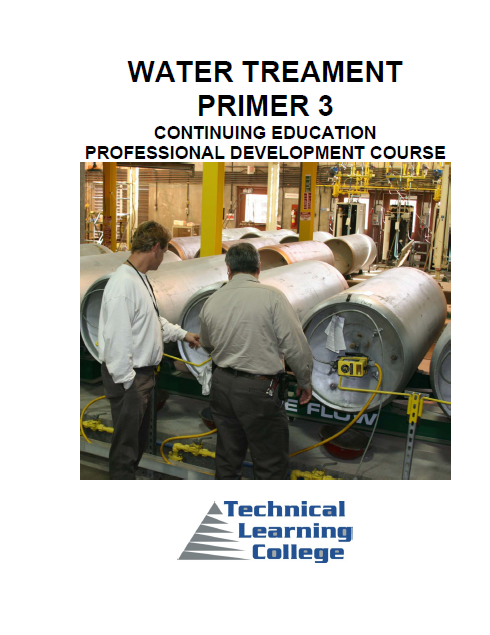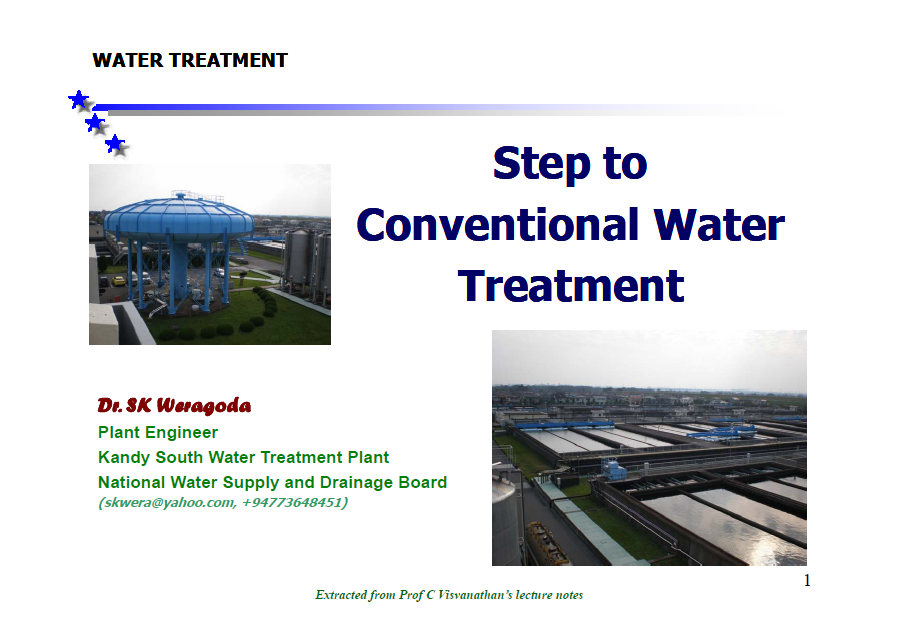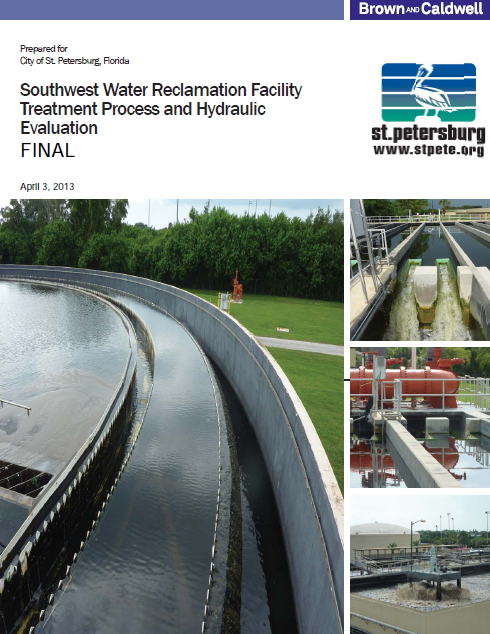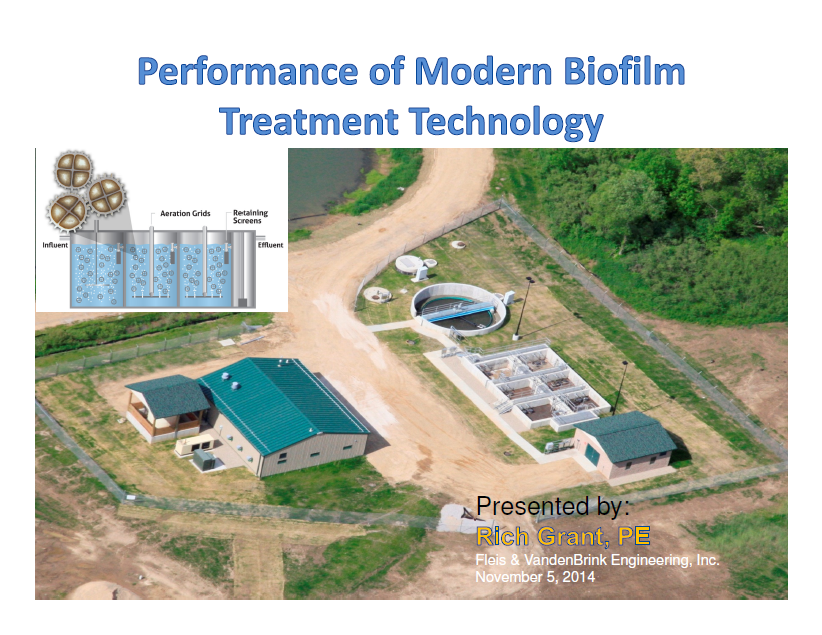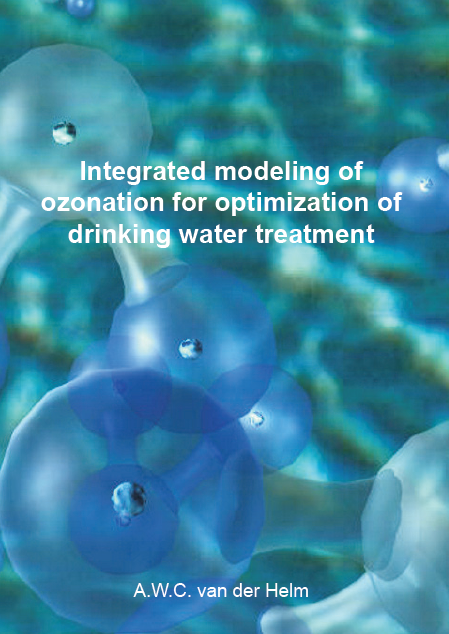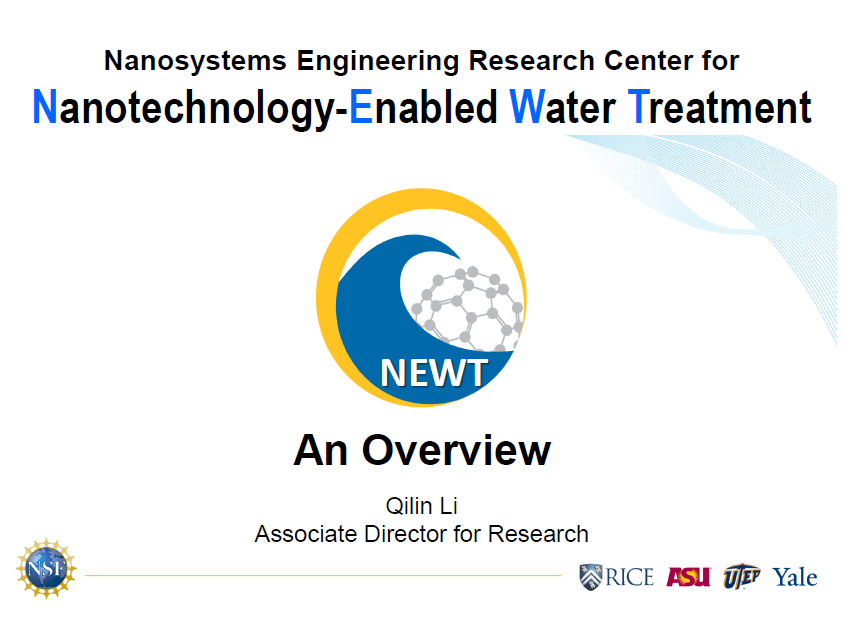Southwest Water Reclamation Facility Treatment Process and Hydraulic Evaluation
Purpose
The City of St. Petersburg owns and operates four water reclamation facilities (WRF). The Southwest WRF (SWWRF), located at 3800 54th Avenue South, is permitted to treat an annual average daily flow (AADF) of 20 million gallons per day (MGD) of wastewater generated in the southwest section of the City. From 2007 to 2011, the plant flow averaged approximately 9.4 MGD. For 2011, the plant flow averaged about 10.4 MGD. Water treated at the SWWRF is distributed in the City’s reclaimed water system or disposed through deep injection wells located on the plant site.
Southwest Water Reclamation Facility Treatment Process and Hydraulic Evaluation
Purpose
The City of St. Petersburg owns and operates four water reclamation facilities (WRF). The Southwest WRF (SWWRF), located at 3800 54th Avenue South, is permitted to treat an annual average daily flow (AADF) of 20 million gallons per day (MGD) of wastewater generated in the southwest section of the City. From 2007 to 2011, the plant flow averaged approximately 9.4 MGD. For 2011, the plant flow averaged about 10.4 MGD. Water treated at the SWWRF is distributed in the City’s reclaimed water system or disposed through deep injection wells located on the plant site.
Integrated Modeling Of Ozonation For Optimization Of Drinking Water Treatment
Background of the thesis
In the Netherlands, drinking water treatment plants are robust and designs arebased on the performance of individual processes with pre-set boundary conditions. In operation of drinking water treatment plants, the processes are
usually optimized individually on the basis of “rules of thumb” and operator knowledge and experience. However, changes in operational conditions of individual processes can affect subsequent processes and an optimal operation, which can include a number of water quality parameters, costs and environmental impact, is different for every operator. The quality of drinking water is thus influenced by day-to-day decisions of individual operators
(Bosklopper et al., 2004). Bosklopper et al. assumed that an integrated approach to the entire treatment plant can lead to a more efficient operation and concluded that decisions of an integrated nature can be complex and difficult to make. It was expected that an integrated model of the entire water treatment plant could be used as an instrument for operational support and for process control to further improve the operation of a drinking water treatment plant, making maximal use of the installed infrastructure and postponing new investments.
Integrated Modeling Of Ozonation For Optimization Of Drinking Water Treatment
Background of the thesis
In the Netherlands, drinking water treatment plants are robust and designs arebased on the performance of individual processes with pre-set boundary conditions. In operation of drinking water treatment plants, the processes are
usually optimized individually on the basis of “rules of thumb” and operator knowledge and experience. However, changes in operational conditions of individual processes can affect subsequent processes and an optimal operation, which can include a number of water quality parameters, costs and environmental impact, is different for every operator. The quality of drinking water is thus influenced by day-to-day decisions of individual operators
(Bosklopper et al., 2004). Bosklopper et al. assumed that an integrated approach to the entire treatment plant can lead to a more efficient operation and concluded that decisions of an integrated nature can be complex and difficult to make. It was expected that an integrated model of the entire water treatment plant could be used as an instrument for operational support and for process control to further improve the operation of a drinking water treatment plant, making maximal use of the installed infrastructure and postponing new investments.
Nanotechnology-Enabled Water Treatment
VISION
Enable access to treated water almost anywhere in the world, by developing transformative and off-grid modular treatment systems empowered by nanotechnology that protect human lives and support sustainable development.
Nanotechnology-Enabled Water Treatment
VISION
Enable access to treated water almost anywhere in the world, by developing transformative and off-grid modular treatment systems empowered by nanotechnology that protect human lives and support sustainable development.




